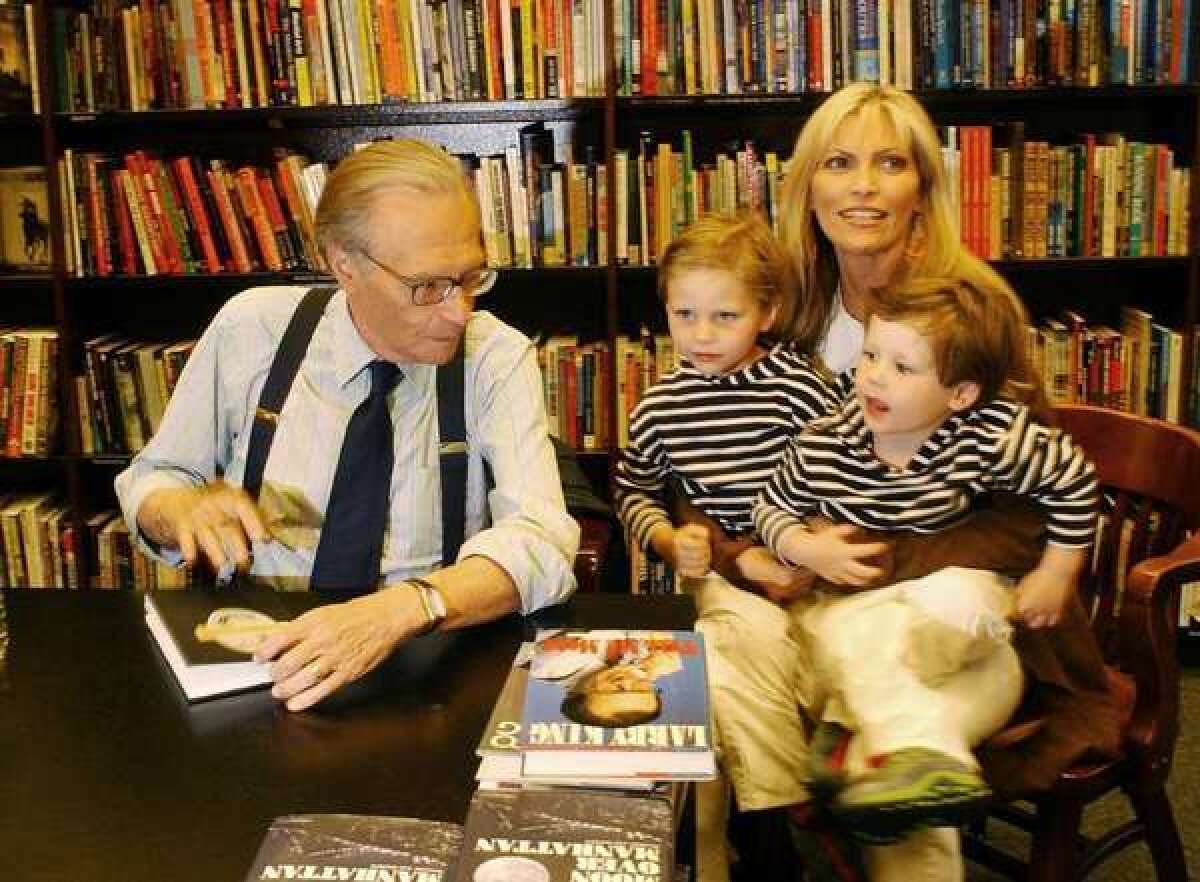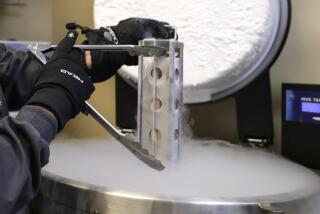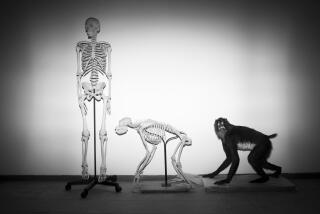Did menopause arise because men prefer younger women?

Thanks a lot, guys: According to new research, your preference for younger mates could have caused menopause to arise in women.
Writing in the journal PLOS Computational Biology on Thursday, a team from McMaster University in Hamilton, Ontario, reported on an experiment that suggested, in evolutionary terms, why women lose fertility as they age. “In our theory, it’s the consequence of a mating scheme where males changed their preference to younger women,” said Rama Singh, the evolutionary biologist who led the team.
The group’s analysis, which depends on a computer simulation, potentially sheds light on a long-standing question about evolution. Theory suggests that individuals should not live longer than their reproductive lifespan. So why do women live on after they can no longer have babies?
Genes that win out through the process of natural selection are generally believed to provide some sort of advantage, supporting an organism’s survival. But it’s hard to see how menopause — sterility — would be helpful to a woman. The best-known explanation of why menopause exists, the so-called grandmother hypothesis, suggests that a mutation that eventually caused sterility in older women became common enough that grandmothers, past child-bearing age, began pitching in to help with younger offspring.
“The thinking was that menopause might be bad for the grandmother but good for the species,” Singh said.
But the problem with the grandmother hypothesis, Singh added, is that it doesn’t explain how the mutation causing sterility in older women came to be so common in the first place. Genes that suppress reproduction shouldn’t be able to thrive — if an individual can’t pass them to offspring, they should die out.
A tens-of-thousands-of-years-old male preference for younger women as mates, if it existed, could provide one explanation for why human evolution progressed as it did.
Singh’s experiment assumed that at first, men and women would have reproduced until they died. Mutations arose spontaneously over time. Any genetic changes that impacted fertility would generally die out because individuals with the mutations would be unable to reproduce.
But when he and his colleagues Richard Morton and Jonathan Stone changed parameters in their computer model to test how changing mating systems might impact the population, they found that if men consistently chose younger women over older women as their mates, mutations that harmed fertility in older women (who were no longer targeted as mates) accumulated in the population.
With enough time, the successful, late-acting sterility genes became “fixed” and all women came to experience menopause. Women didn’t die when their reproductive lives ended because they shared longevity genes with long-lived fathers, who reproduced throughout life.
Cedric Puleston, a researcher at UC Davis who was not involved in the research but coauthored a 2007 paper in PLOS ONE that examined the role of fathers in the evolution of extended human lifespans, said the work was “really compelling,” if not the last word on the evolutionary history of menopause.
In Singh’s paper and his own, “if we make certain assumptions about life, we get patterns that are similar to the ones we see in reality,” Puleston said, adding, “but that’s as far as you can go with this ... although the paper provides a powerful argument in favor, it’s not proof that male mate choice caused menopause. Showing that an explanation is compatible with reality is sometimes the best we can do.”
Singh said he thought his theory might get biologists thinking harder about how male mating choices, in particular, have impacted evolution.
“Historically, two things have been emphasized: male-male competition and female choice,” he said. “Open any textbook and it focuses on female choice — in peacocks, for instance, females choose the males with the bright plumage.”
At the very least, he added, the new research “opens the possibility to think a different way.”
Twitter.com/LATerynbrown







